This congress, themed “Time for change”, brought together over 3000 delegates for presentations and keynote talks on Quaternary research, climate change, and environmental science.
From July 13 to 20, 2023, I participated in the XXI International Quaternary (INQUA) Congress held at the University of Sapienza in Rome, Italy. With the support from the Swiss Agency for Development and Cooperation (SDC) program under the Mountain Research Initiative (MRI) and its partners, this congress themed “Time for change” brought together over 3000 delegates for presentations and keynote talks on Quaternary research, climate change, and environmental science. My experience at the congress, highlighted by my own contributions and interactions, illuminated the path toward a more sustainable future.
One of the highlights was my presentation, “Transdisciplinary Assessment of Vulnerability to Climate Change in Southwest Madagascar.” This interdisciplinary research blended palaeoecology, instrumental and historical records along with local knowledge to evaluate the vulnerability to climate change with a focus on the drought of local communities and ecological systems in this region. I discovered that escalating droughts will impact communities. Changes in vegetation components over the past 2,000 years will also disrupt the region’s ecological integrity. Drought will also increase migration and food insecurity. The local communities possess adaptative capacities enabling them to adjust to changes in the short and long term and could potentially be combined with conservation management. These insights are crucial for sustainable management planning in the region amidst the challenges posed by climate change.

Figure 1: Dr. Razanatsoa presenting during the session on “How can archaeology, palaeoecology, traditional knowledge and more than human approaches contribute towards a more sustainable and culturally informed future” at INQUA. Picture provided by Tsilavo Razafimanantsoa.
Another enlightening experience was the workshop titled “Exploring the Interface between Sustainability and Palaeoecology,” organised by the Planetary Boundaries Working Group of Past Global Changes (PAGES). It highlighted palaeoecology’s role in the Planetary Boundaries literature and outlined group objectives. Participants engaged in a hands-on R data exercise, laying the foundation for using palaeoecological data in the Planetary Boundaries context. The exercise’s code is https://bit.ly/INQUA2023-PBW. This was followed by a case study involving lakes in China, which showcased palaeoecology’s practical planetary boundary application. As a member of the scientific steering committee, our group is actively planning regional and global meta-analyses, propelling us toward a more sustainable and resilient future.
Figure 2: The Planetary Boundaries Working Group, led by Professor Lindsey Gillson, held a workshop at INQUA in Rome this July. Picture provided by Lindsey Gillson.
In summary, the XXI INQUA conference provided a platform to showcase my research and connect with leading, global experts. As I move forward, I anticipate a collaborative venture with researchers from the University of Bern, Switzerland. This collaboration will involve training on modelling techniques to investigate late Holocene landscape changes in southern Africa, and eventually, responses to climate and land use changes.
Cover image by Julia Solonina.


